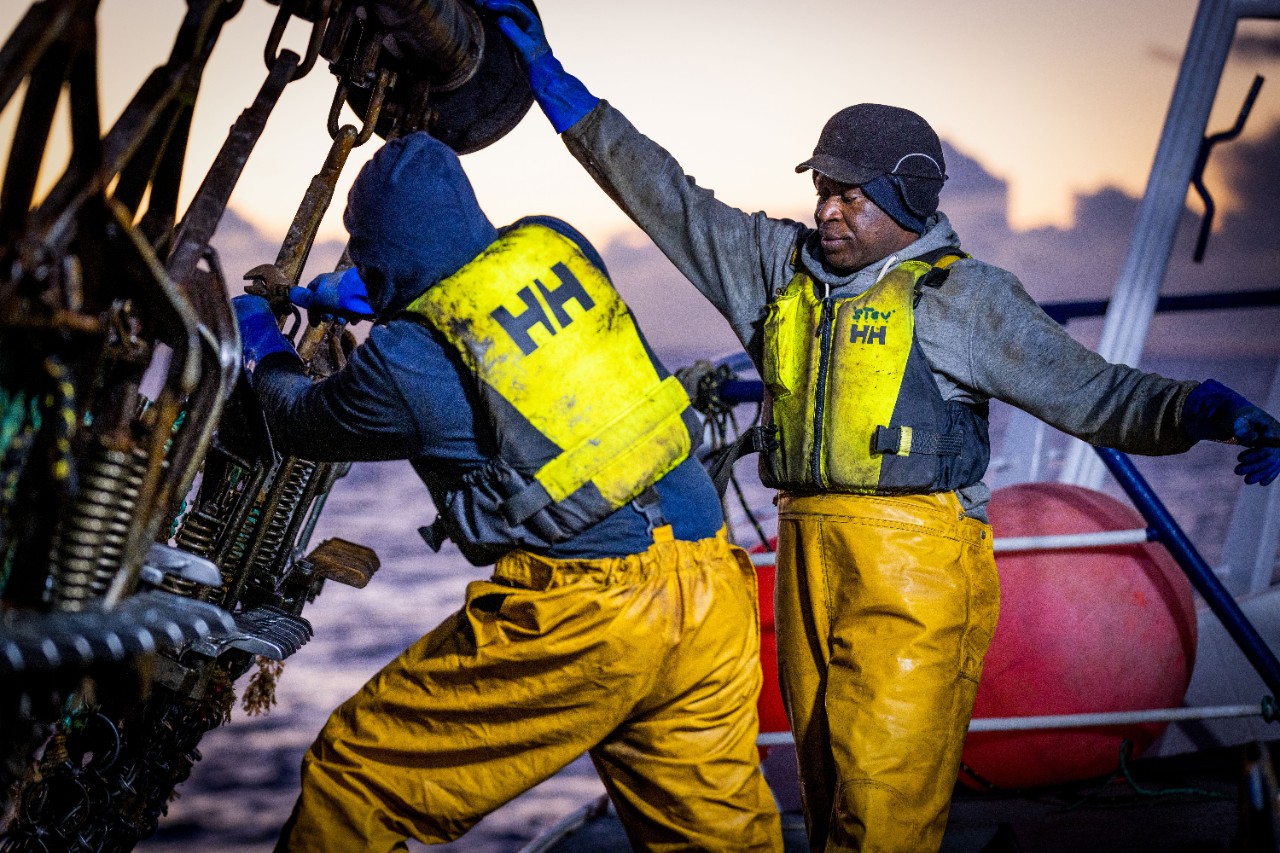Fairtrade
Fairtrade operates in some of the most challenging supply chains globally, where incomes for farmers and workers are often low and working conditions difficult.
Our Partnership believes farmers and workers in supply chains deserve to earn a fair price for their work and benefit from good working conditions. Fairtrade certification supports this ambition by encouraging better production methods, enabling democratic participation, ensuring fair pricing and improved working conditions and additional community investment through the Fairtrade Minimum Price and the Fairtrade Premium. Producer Networks also participate in the research, consultation, and decision making process of the Fairtrade standards directly, which includes governing minimum prices and premiums for each commodity.
Waitrose was one of the first supermarkets to stock Fairtrade products and now offers the largest range of Fairtrade own-label products of any high street supermarket in the UK. 100% of our Waitrose Own Label bananas, coffee, tea, sugar, and cocoa in confectionery are Fairtrade. Many of these best loved categories are produced by smallholders or small-scale farmers. Smallholders are often particularly vulnerable to market price fluctuations (that can fall below the cost of production and the level needed to provide a decent livelihood) and, increasingly, to the impacts of climate change. As such they particularly need support to ensure the resilience of their businesses in the future. In 2022, we generated a Fairtrade premium of over £2.3million through the sale of Fairtrade certified Waitrose own-label products, supporting producers to improve their farming techniques and providing support to communities globally.
As part of certification, farmers in the Fairtrade system develop skills to better manage their crop, increase output, and develop their business. However, there is more to be done; that’s why we are supporting additional programme work with Fairtrade to address challenges faced by smallholders. Find out more about Waitrose’s relationship with Fairtrade here.
Waitrose Own Brand Tea
Since 2017 all Waitrose own-label black tea has been sourced on Fairtrade terms and we are committed to increasing the transparency of our supply chains. We recognise the particular challenges within the tea industry and continue to work in partnership with our supplier and Fairtrade to do what we can to improve the livelihoods of workers. We believe that Fairtrade’s Minimum Price and additional Fairtrade Premium are an important step in improving conditions and standards within the tea industry. More information on Fairtrade’s work in tea can be found on their website.
A full list of our sourcing countries can be found on our tea sourcing list.
Case Study
Films highlight migrant workers’ rights
The global fishing sector has long been associated with human rights abuses and there is a real need to raise awareness of employment rights for those coming to work in the UK.
We collaborated on a series of films to educate fishing crew about what to expect when they arrive here.
If people do not know their rights, they cannot know when they are not being respected.
In 2019, we commissioned a study into the experiences of workers in UK fisheries. The report was finalised at the end of 2021 and made recommendations about how we could support people working in the sector, including a clear call to focus on boosting knowledge about rights in a simple and digestible format.
Around the same time, these recommendations were repeated in a larger-scale study by the University of Nottingham’s Rights Lab and the International Transport Workers’ Federation (ITF) report highlighting visa loopholes that created risks for migrant fishers.
With our shared perspective of the need to raise awareness of UK employment rights among migrant crews, it made sense to work together. So we collaborated with
The Seafarers’ Charity, Stella Maris, and the ITF to jointly release a series of films containing engaging, positive and sometimes hard-hitting information aimed at new and existing fishing crew.
The films were unveiled at the ITF Seafarers’ Conference in Manila, which was attended by 5,000 industry representatives, and have since been shared widely across government, both in the UK and overseas.
Everyone involved in making the films wanted them to reach as wide an audience as possible, so they are now available in nine languages and are free resources for the whole industry to use. They can be shared via social media or as part of a training event or pack, and we want them to make an impact far and wide.
The films cover topics from what weather conditions to expect to everyone’s right to a written contract and are available to view here.

“These films do a great job of showing what life is like for migrants in the UK fishing industry – and ITF are happy that these films are widely shown to crew pre-departure so they know who to contact if they have welfare concerns or contractual issues at work.”
Chris Williams
UK fisheries expert, ITF Fisheries Section



